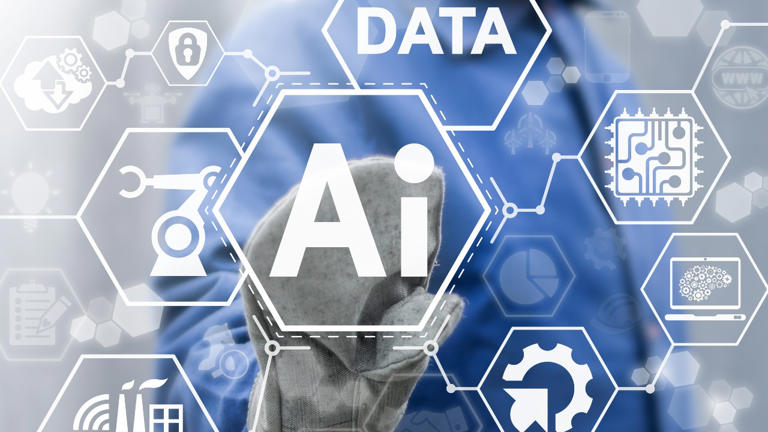Generative artificial intelligence, or generative AI, or just GenAI, became a buzzword last year and rapidly gathered momentum to become a technological tidal wave that has since swept every sector in the world. Google, OpenAI (and by extension, Microsoft), Amazon Web Services, and even Elon Musk got into the GenAI game with their chatbots — so there must be something there. Even Apple has started to feel the pressure and is expected to announce AI-related features in iOS 18.
According to a Gartner report, “Generative AI will become pervasive in the next two to three years with the most impact around content generation and discovery, conversational AI and simulations. Product leaders should capitalise on GenAI’s primary areas of impact to advance their product and service differentiation.”
Last month, Google said it will spend more than $100 billion over time to develop AI technology. In February 2024, Acceleration Economy reported that Google plans to spend almost $50 billion just in 2024 on capital expenditure to fund technical infrastructure for its AI initiatives and cloud business. In Q4 2023, Google spent almost $11 billion for the same purpose.
In their recent quarterly earnings calls, Google, Microsoft, and Meta said they are heavily investing in AI. Meta increased spending projections by $10 billion, Google plans to invest $12 billion or more quarterly, and Microsoft expects continued spending increases after a $14-billion investment last quarter.
Meanwhile, Amazon recently announced its largest external investment in its three-decade history. The e-commerce behemoth said it is injecting $2.75 billion into Anthropic, a San Francisco-based startup renowned for its advancements in GenAI technology.
In this light, Ashton Kutcher, General Partner of Sound Ventures, feels this is the most exciting time for an investor. “(We are) seeing a similar pattern in AI to what we saw in the transition from Web 1.0 to Web 2.0. In the mobile web (Web 2.0) experience, we had to wait for everybody to get a phone in their hands and now we don’t because all of that compute exists — our compute capacity is going through the roof,” Kutcher said, speaking at Milken Institute’s Global Conference.
According to Gartner, Gen AI is poised to significantly impact enterprise operations and the workplace in the coming years in these segments:
Diffusion models: Turn messy noise into clear pictures, then, start with new noise and create their own pictures from scratch.
Variational autoencoders: Can learn to create new data similar to what they were trained on, like images, sounds, etc.
Autoregressive generative models: A type of machine learning model specialised in creating sequences of data, such as text, images, or music.
Multiagent generative systems: A new way to build complex AI systems using generative models (AI that can create images, text, etc.). Instead of one big model doing everything, multiple smaller, specialised models act as collaborating ‘agents’.
Generative adversarial networks: A clever type of machine learning framework where two neural networks compete to get better. This competition leads to incredibly realistic data generation (images, music, text, etc.).
Matt Wood, Vice President, Artificial Intelligence Products, Amazon Web Services, feels that Gen AI will affect how we interact with data and information and each other.
“…what gets so many people so excited about GenAI is that there are two really big shifts happening at the same time — the first is just a step function change in the type of problems you can solve with machine learning, and the other thing is just a broadening of accessibility of that technology. It’s easier today to use this technology acquired, you don’t need big data science teams or even large amounts of data to be successful,” he says.
Wood believes that this would fundamentally affect technology, products, processes, enterprise growth, startup growth, public sector utility, among other things. “You rarely see the actual rate of change — it is happening in front of you,” Wood says.
As per Gartner, GenAI’s main business effects will revolve around content discovery and creation, automation of specific human tasks, employee and customer experiences, AI-related regulations, and intellectual property rights. GenAI will also disrupt the tech provider landscape, leading to market consolidation and the emergence of new players, the report said.
Salesforce too has stepped into the generative AI game with its Einstein copilot.
Clara Shih, CEO of Salesforce AI, believes that jobs need to be rewired. She said, “…just like we saw with the internet in the 1990s, when everyone had to reinvent how they spend their day and what they were. At a company level, there’s a re-architecting of departments. How work is done and what can be achieved in driving growth and efficiency. We also have to re-structure at an institutional level and education-system level,” she said.




